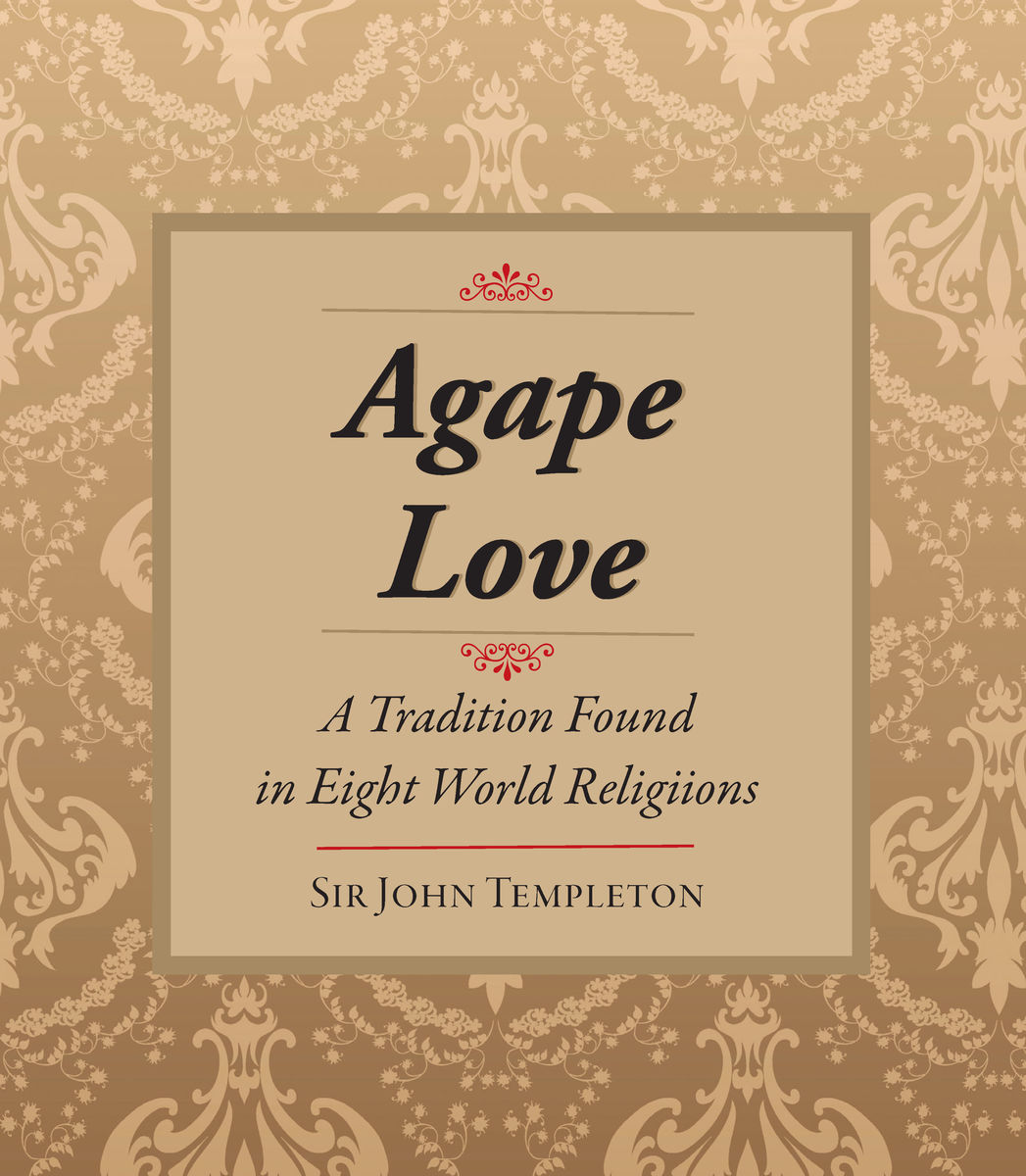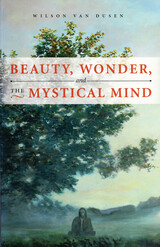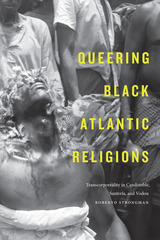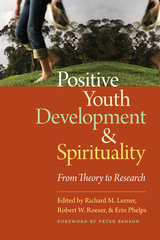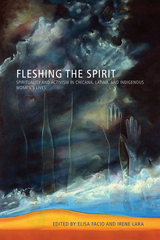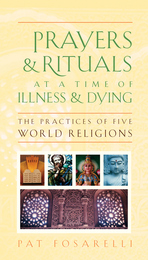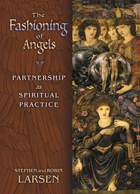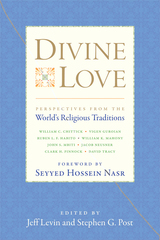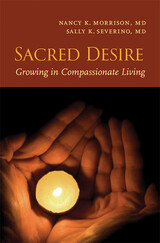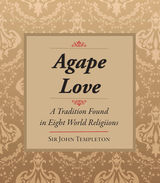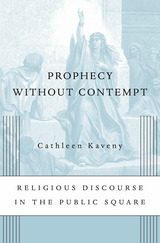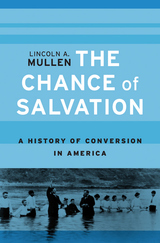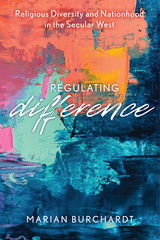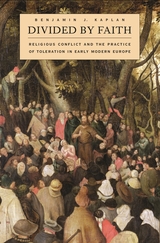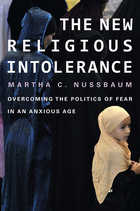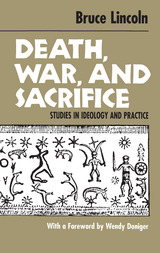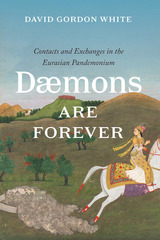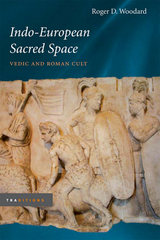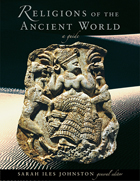Paper: 978-1-59947-344-4 | eISBN: 978-1-890151-75-1 | Cloth: 978-1-890151-29-4
Library of Congress Classification BL626.4.T45 1999
Dewey Decimal Classification 291.5677
The tradition of agape, or unconditional love, is not exclusive to any religion. It is a primary underlying principle found in religions worldwide. The concept of altruistic love challenges the spiritual person to "love your enemies" or to "love without thought of return." It is a love that flows out to others through compassion, kindness, tenderness, and charitable giving.
Buddhists have a path of compassion, where caring for others becomes the motivating force behind existence. Hindus have a branch of yoga, the heart-centered path, that leads to enlightenment through an overwhelming love for God that takes the form of loving all humanity. Eastern religions, such as Taoism and Confucianism, see transcendent love as essential to true wisdom.
Love is a universal theme of love found in all religious traditions, Buddhist, Christian, Islam, or others. As we realize that all religions have this spiritual principle of love at their core, we can develop a sense of shared humanity. The religious tradition of agape love examined in this book will inspire those who are learning to grow in compassion and love for all people.
See other books on: Body, Mind & Spirit | Comparative studies | Inspiration | Inspiration & Personal Growth | Tradition
See other titles from Templeton Press
